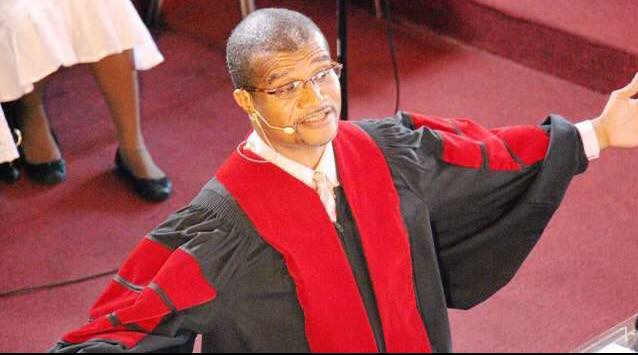The Liberia Council of Churches (LCC)’s recent call for adherence to the rule of law in the ongoing House of Representatives leadership impasse, while welcomed, arrives belatedly and with questionable impact. For over two months, the House has been embroiled in a power struggle, occasionally marked by threats and police intervention, effectively paralyzing legislative functions and hindering the progress of the Liberian people. The LCC’s silence throughout this period raises concerns about its timely engagement in critical national issues. While their call for peace and adherence to legal processes is laudable, its effectiveness is diminished by the protracted nature of the conflict and the entrenched positions of the opposing factions.
The LCC’s appeal centers on upholding the Supreme Court’s opinion, which referenced Articles 33 and 49 of the Constitution. These articles pertain to quorum requirements for conducting legislative business and the election and removal of the Speaker, respectively. The Court, however, stopped short of issuing a definitive ruling, instead urging all parties to act within the confines of the law. This ambiguity, unfortunately, left room for varied interpretations, further exacerbating the conflict. The LCC’s interpretation of the Court’s opinion as a “foundation for good governance” appears somewhat optimistic, given the lack of a clear legal directive. A stronger stance, coupled with earlier intervention, could have potentially mitigated the escalating tensions and prevented the current stalemate.
The LCC, as a prominent moral authority in Liberian society, missed a crucial opportunity to provide timely guidance during the initial stages of the dispute. Its prolonged silence created a vacuum that was readily exploited by political actors, each advancing interpretations of the law that served their own interests. This inaction arguably contributed to the deepening of the crisis and the eventual election of a new Speaker under questionable circumstances. The LCC’s belated call, therefore, appears more like an attempt to reclaim its role as a moral compass, rather than a decisive intervention capable of resolving the deeply entrenched conflict.
The crux of the matter lies in the interpretation and application of Articles 33 and 49 of the Constitution. The majority bloc’s election of a new Speaker, despite not achieving the required two-thirds majority stipulated by Article 49, raises serious legal questions. The subsequent endorsement of this action by the Executive branch further complicates the situation, suggesting a potential overreach of power and a disregard for established constitutional procedures. The LCC’s call for adherence to the rule of law, while principled, lacks the necessary force to counter these actions, especially given the existing political dynamics.
The LCC’s appeal focuses on upholding the principles of justice and the rule of law, particularly in light of the Supreme Court’s opinion. However, the Supreme Court’s guidance, while referencing relevant constitutional articles, lacked a definitive ruling, leading to varied interpretations and a sustained power struggle within the House. The majority bloc’s actions, including the election of a new Speaker without the requisite two-thirds majority, and the subsequent endorsement by the Executive branch, appear to contradict the principles of constitutional adherence advocated by the LCC. This raises questions about the efficacy of the LCC’s appeal in a context where key actors seem to prioritize political expediency over established legal procedures.
Ultimately, the LCC’s call, though well-intentioned, appears to be a symbolic gesture rather than a substantive intervention. Its delayed arrival and lack of a forceful position diminish its potential impact. The prolonged silence of the LCC during the initial stages of the crisis allowed the conflict to fester and escalate, making a resolution through moral suasion increasingly difficult. While the call for adherence to the rule of law is essential, it requires more than a mere statement; it demands decisive action and consistent engagement from influential institutions like the LCC. The current political climate, marked by partisan divisions and a disregard for constitutional processes, necessitates a more assertive approach from moral and religious leaders if they are to effectively contribute to resolving the impasse and restoring stability to the House of Representatives.


